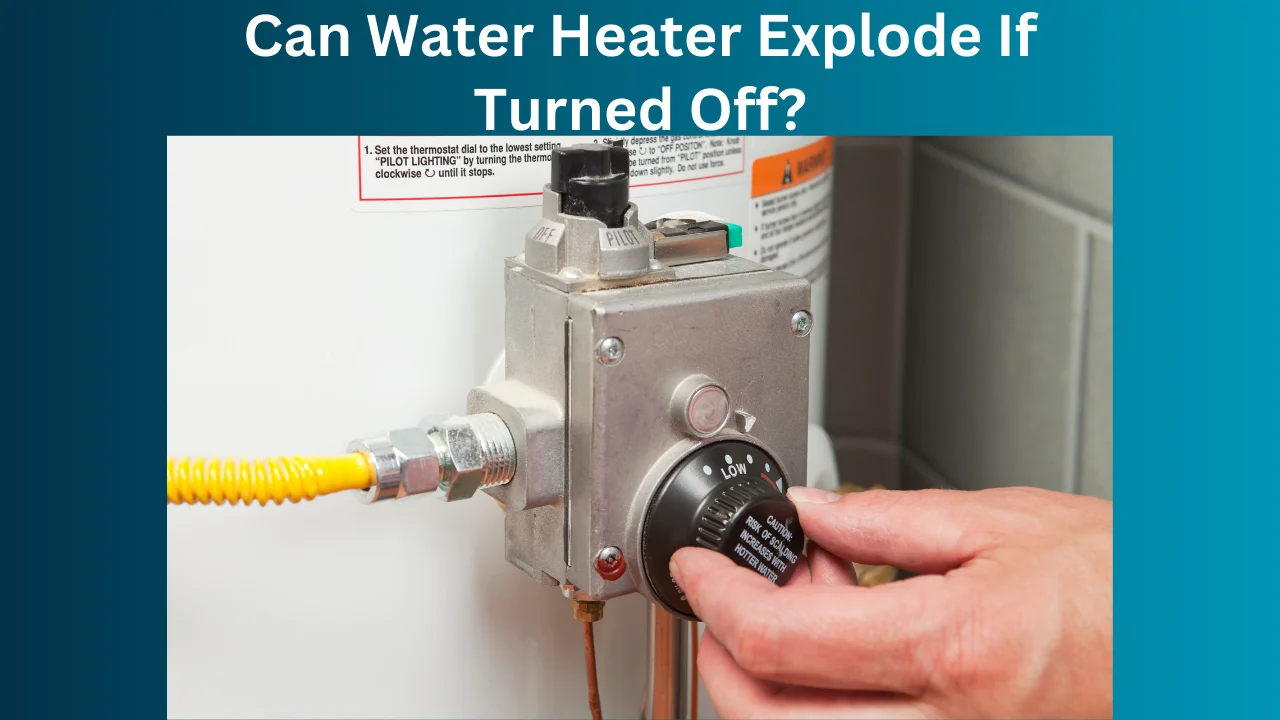Water heaters are a cornerstone of modern convenience, providing us with the much-appreciated comfort of hot water whenever we need it. However, as with any appliance that involves heating water, they come with their share of concerns. One of the most alarming questions that sometimes arises is: “Can water heaters explode if turned off?” To address this question thoroughly, let’s delve into the fundamentals of water heater function, the physics of water heating, potential failure points, and preventative measures that can be taken to mitigate risks.
First, it’s essential to understand how water heaters operate. Most residential water heaters are either tank-type or tankless. The tank-type models heat and store water in a large tank, while tankless systems heat water on demand. Regardless of the design, the underlying principle remains the same: water is heated to a predefined temperature and maintained there until needed.
When water is heated, it expands. This expansion increases the pressure within the heater, which is typically regulated by a pressure relief valve. The necessity for careful management of pressure is pivotal, as excessive pressure can cause catastrophic failures. However, it’s important to note that simply turning off the water heater does not inherently lead to an explosion. Rather, the risk lies in the conditions surrounding the heater’s operation and maintenance.
One significant factor to consider is the temperature setting. Most water heaters are set to heat water to around 140°F (60°C) to ensure adequate hot water availability without scalding risks. If a water heater is turned off while the water is at a high temperature, the sudden cessation of heating can create a scenario where the temperature drops, potentially leading to condensation inside the tank if not adequately insulated. Nonetheless, condensation in and of itself does not pose an immediate explosion risk.
In addition to temperature settings, the type of water heater plays a role in potential hazards. Gas-powered water heaters have specific risks associated with them, particularly concerning gas leaks if a malfunction occurs. This is distinctly different from electric models, which rely solely on electrical heating elements. While both types can experience issues, gas water heaters carry a higher risk of fire or explosion due to the volatile nature of gas if there is a failure in the burner or if gas leaks occur.
Another critical component is the temperature and pressure relief valve (T&P valve). This valve is designed to release excess pressure and steam if the tank exceeds safe limits. It is a common misconception that turning off a water heater removes the risk; however, if the T&P valve is faulty or obstructed, pressure can build up to dangerous levels, leading to potential failure under the right conditions. Routine inspections of this valve can help mitigate the risk of extreme pressure buildup.
Maintenance practices play a vital part in ensuring water heaters operate safely. Regular inspections and maintenance are paramount. Flushing the tank periodically helps remove sediment buildup. Sediment acts as an insulator, reducing efficiency and causing the heater to work harder than necessary, which can lead to overheating. Sediment is particularly problematic in tank-type heaters, where it can accumulate at the bottom of the tank. Ignoring this maintenance can hasten the degradation of the tank and internal components, increasing potential hazards.
Moreover, consider the age of your water heater. Most water heaters last about 8 to 12 years before their components start degrading. An aging unit may exhibit weakened structural integrity, making it more susceptible to leaks or breaks. If your water heater is nearing the end of its lifespan, consider replacing it proactively to avoid unexpected malfunctions.
Another concern comes from using water heaters in unconventional environments. If a water heater is placed in an area prone to freezing temperatures, and it is turned off, there’s a real risk of damage due to freezing. When water freezes, it expands, which can crack a tank or lead to ruptures in the plumbing lines. Thus, understanding how environmental factors interact with your water heater’s operation is crucial, particularly if the unit is turned off during colder months.
To sum up, while the idea of a water heater exploding due to being turned off might seem dramatic, it primarily boils down to a couple of key factors: maintenance and operational considerations. If you take care of your heater with routine checks, and ensure that the T&P valve is functional, you significantly reduce the risks associated with pressure buildup. Additionally, understand the nature of your heater, whether it’s gas or electric, and take proper precautions based on its specifications and surroundings.
In conclusion, while the straightforward answer to whether a water heater can explode if turned off is no, it is crucial to acknowledge the underlying circumstances that could lead to potential hazards. Regular maintenance, inspections, and awareness of surrounding conditions are vital steps homeowners should take to safeguard against any mishaps. When it comes to appliances that involve water and heat, a little precaution can go a long way in ensuring safety and peace of mind.
